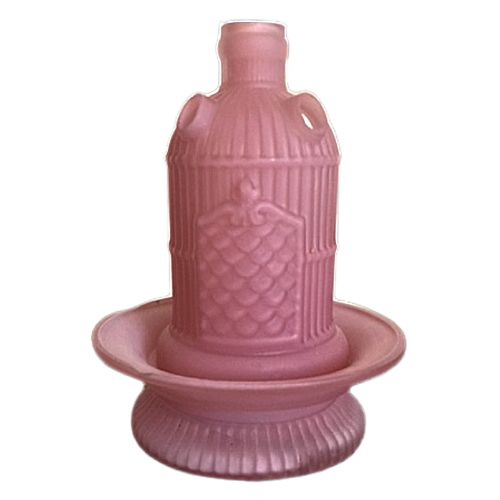Carl Hosch Catalog
One of the questions that came up several times, however, was "What is the date of the catalog?" Apparently, no one knows for certain, as the catalogs were not dated and probably were a continuing evolution as new items became available. However, the best estimate, according to Collectable Bohemian Glass by Robert and Deborah Truitt, is around 1905.
The introduction to the Hosch catalog pages in the last issue was brief and omitted several bits of information about the Carl Hosch company and its history. Following is an excerpt from Truitt's book to help put the company into perspective.
Hosch by Robert and Deborah Truitt
"The company was founded in Zakupy in the year 1864 by Carl Hosch to fabricate crystal and bronze ornaments and lighting. In 1868, Hosch moved to Novy Bor to be available to the foreign buyers who made regular calls on the refiners located there. At that point, he renamed the company "Glasraffinerie und Kronleuchterfabrik - Carl Hosch" (Glass Refiner and Crystal Chandelier Fabricator).
Carl had two sons who inherited the business in 1893, Carl A. G. and Alexander. These two brothers took the company through most of World War I and established a worldwide network of show rooms and foreign sales offices. As part of the export business, Hosch purchased hot-decorated glass from many of the Bohemian glass huts (such as Elisabethhiitte and Kralik) and finished items from other refineries. The company also employed its own refiners and contracted with home workers.
Alexander died in 1916 and his son, Richard, co-managed the company with Carl until Carl's death in 1932. From 1932 until 1945, Richard directed the company and was able to continue through the depression years by concentrating on the popular Art Deco fashions as well as on the reproduction of historic glass.
Of Richard's two children, Irma and Richard, Jr., only Irma entered the glass business. Irma managed the entire chandelier division and her father directed the company. After World War II, the company was nationalized, and Hosch and his family were required to remain in Czechoslovakia to help rebuild the glass industry. Richard Hosch died in Novo Bor in 1957."
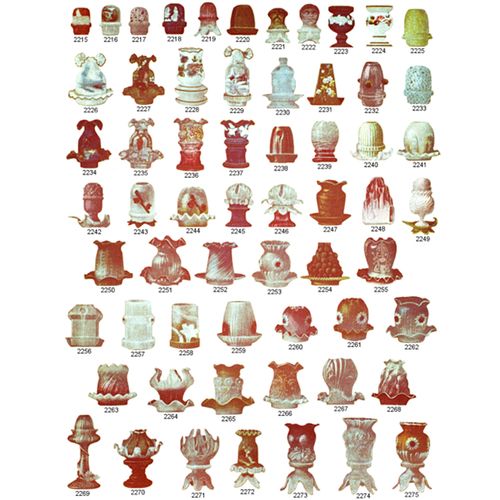
Plate 117
Items 2215 – 2275
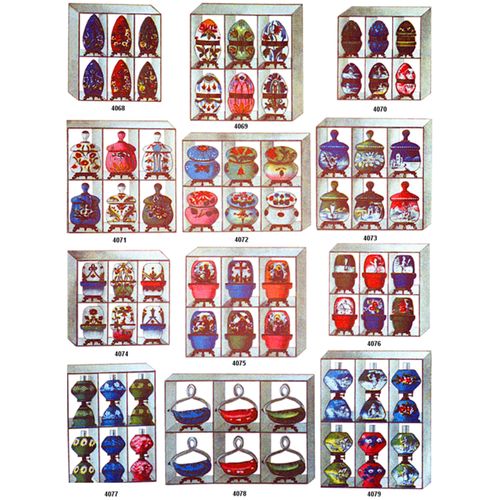
Plate 167
Items 4068 – 4079
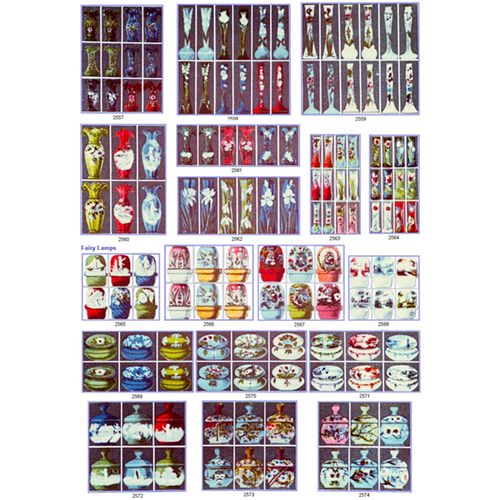
Plate 122
Items 2557 – 2574
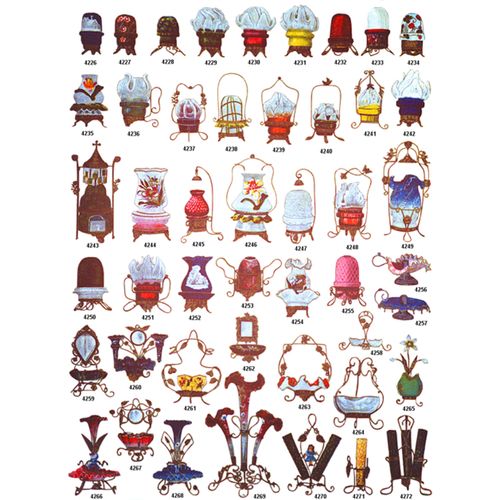
Plate 171
Items 4226 – 4272
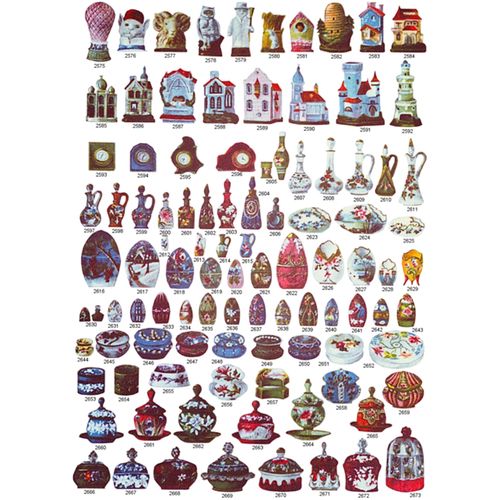
Plate 123
Items 2575 – 2673
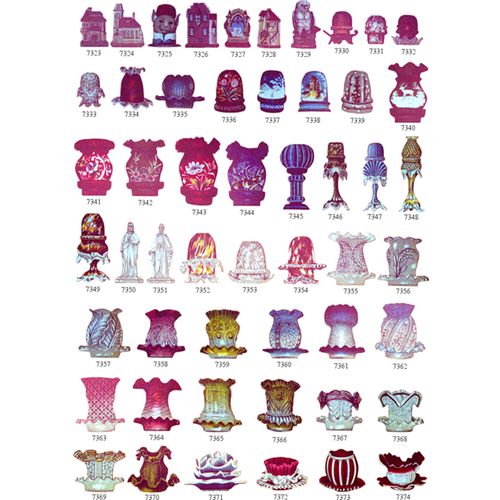
Plate Unknown
Items 7323 – 7374
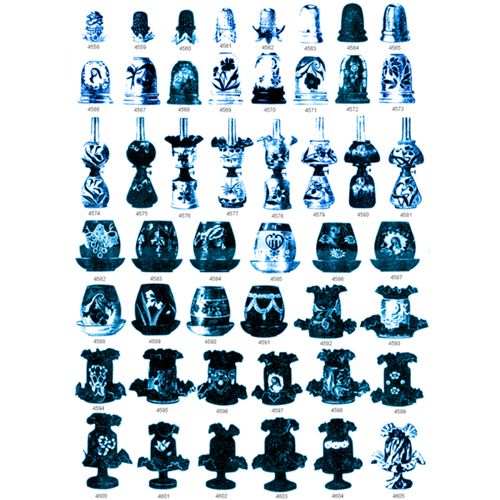
Plate 145
Items 4558 – 4605
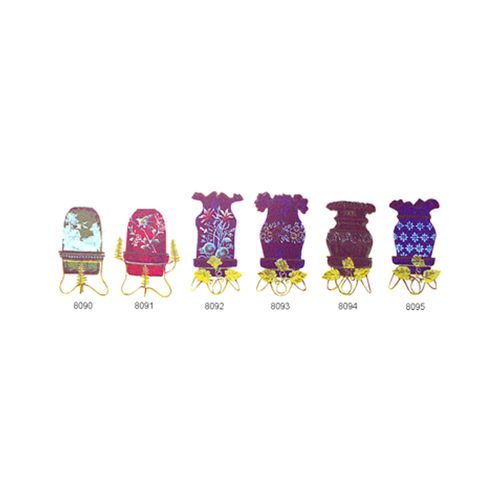
Miscellaneous
Items 8090 – 8095
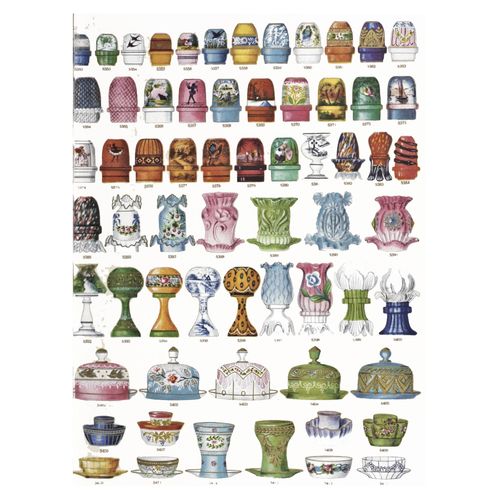
Plate V
Items 5352 – 5413
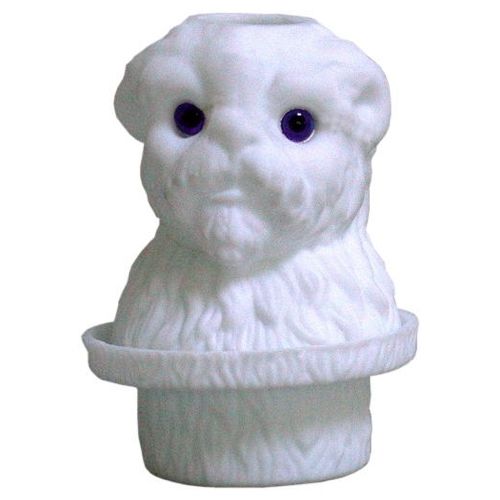
2221
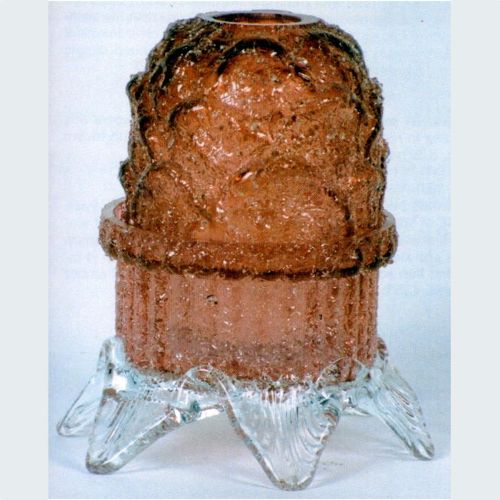
2219
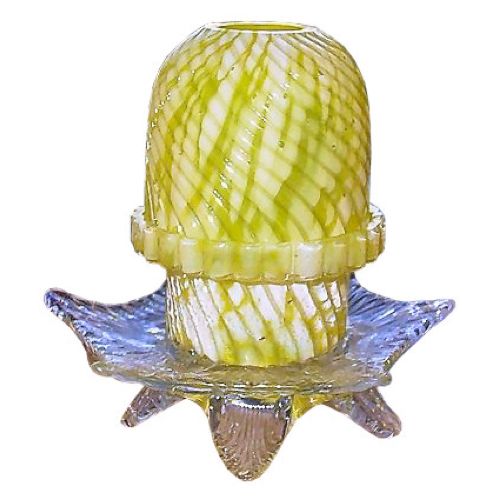
2240 Variant
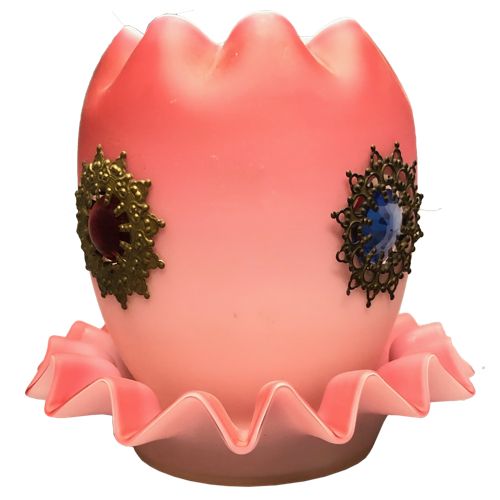
2261
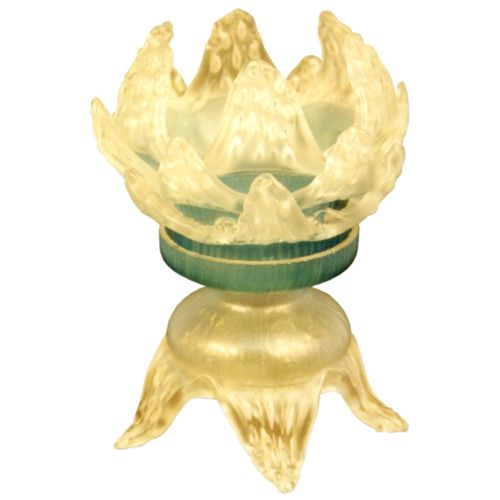
2271
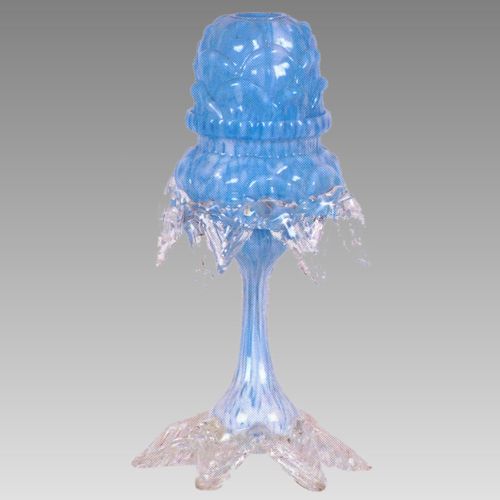
7346
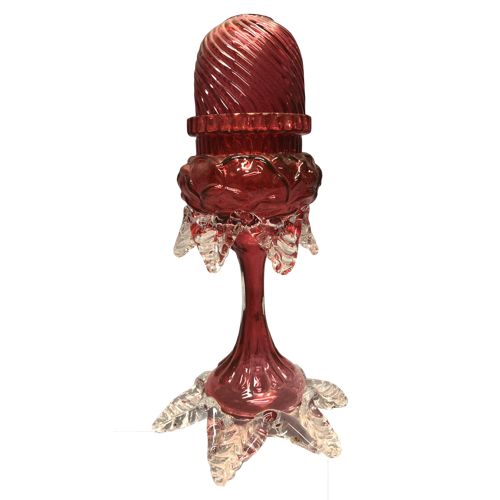
7346 Variant
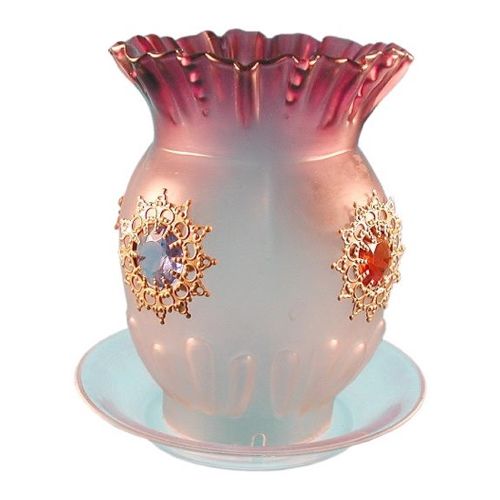
2253 Variant
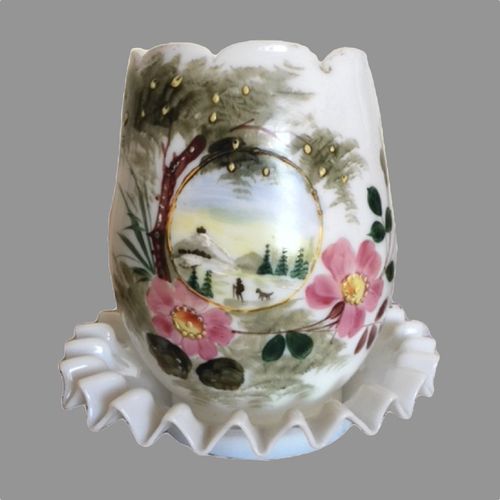
2244
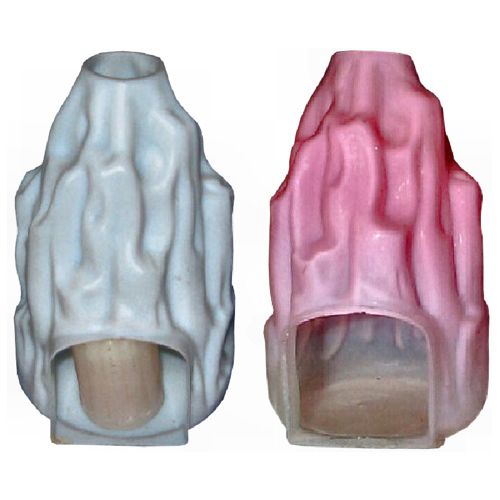
2248
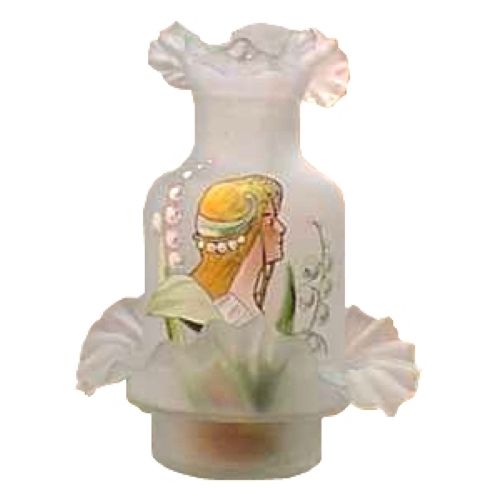
2227 - 4254
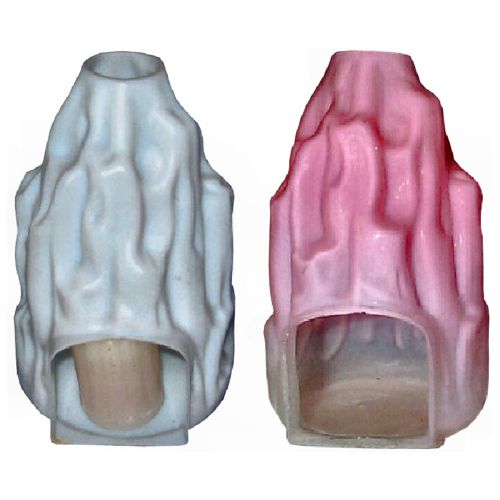
2248 - 4243
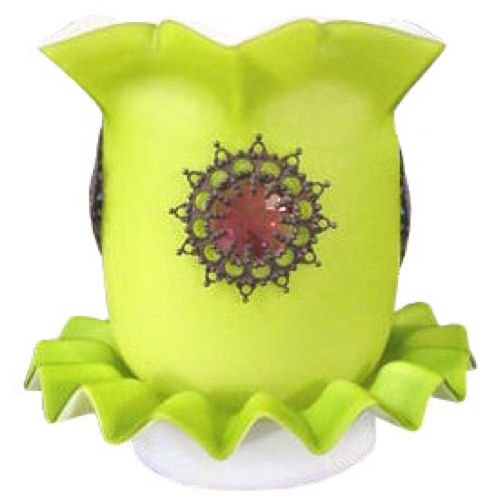
2262
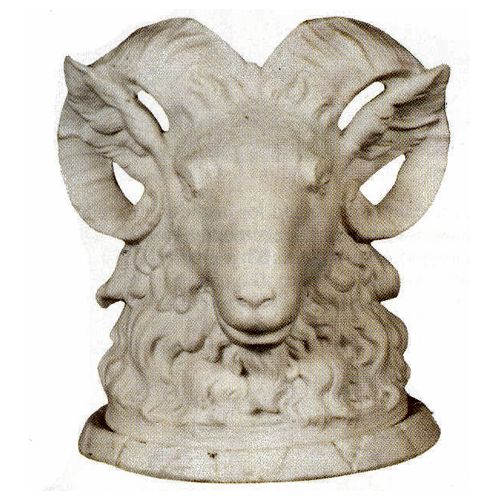
2277
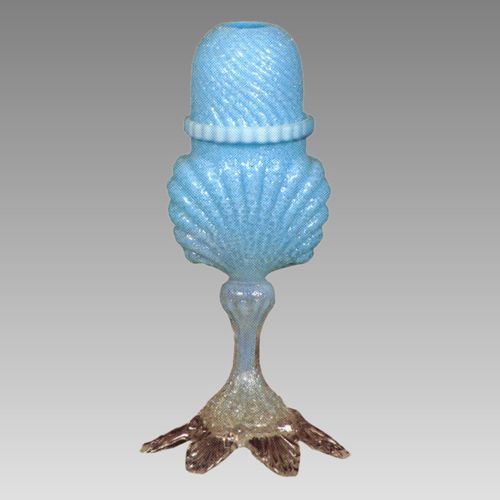
7347 Variant
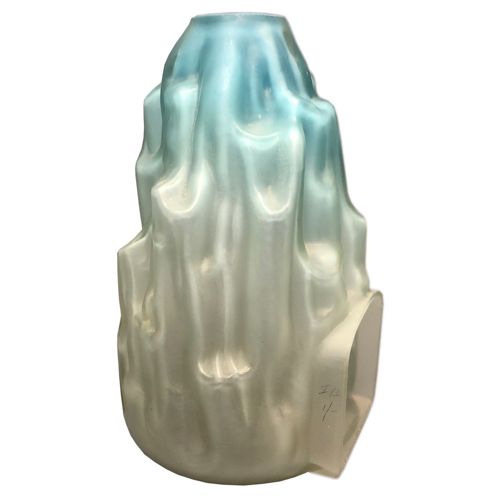
2248
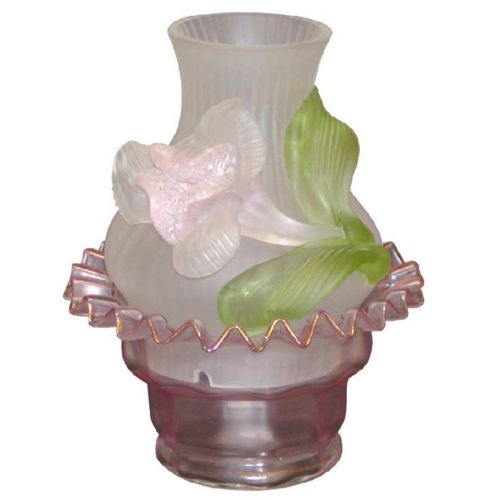
4235
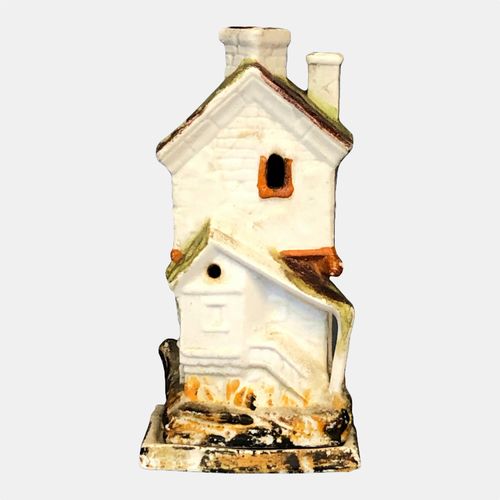
2583
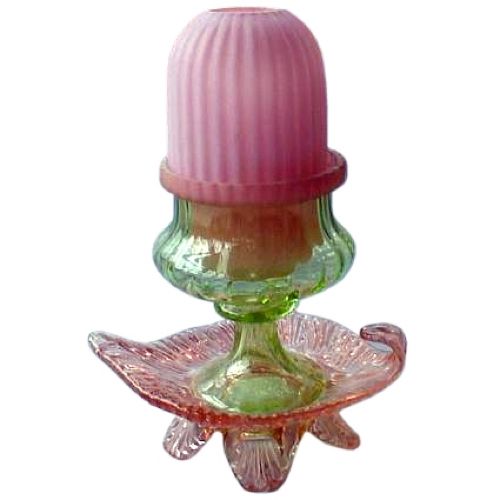
2249
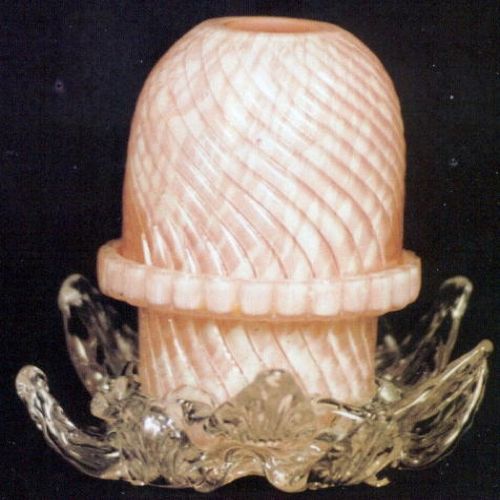
2240
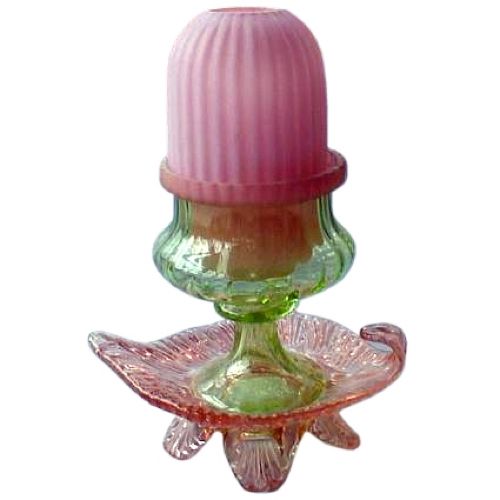
2249 Variant
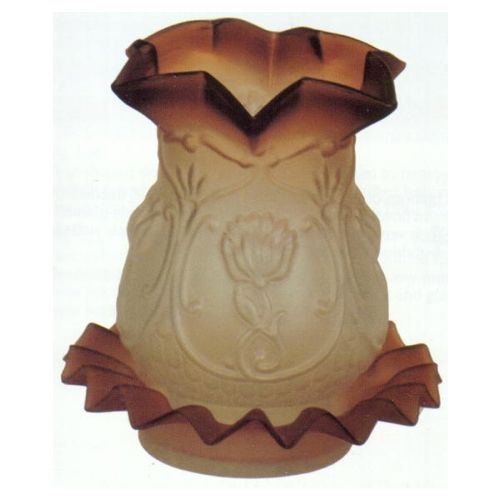
2266
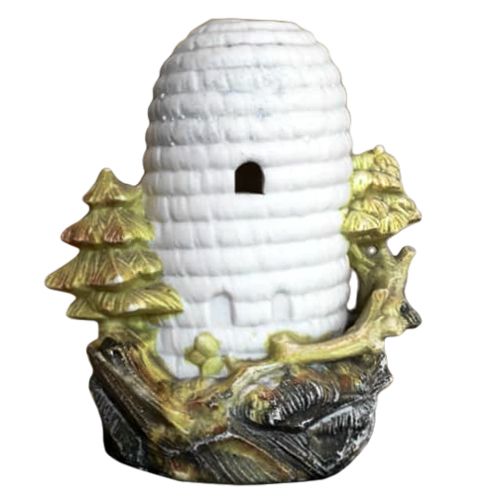
2582
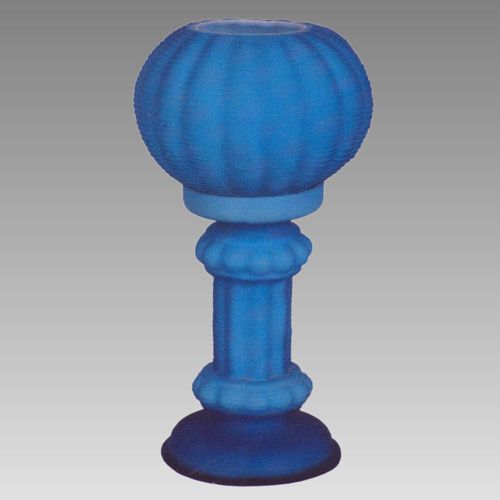
7345
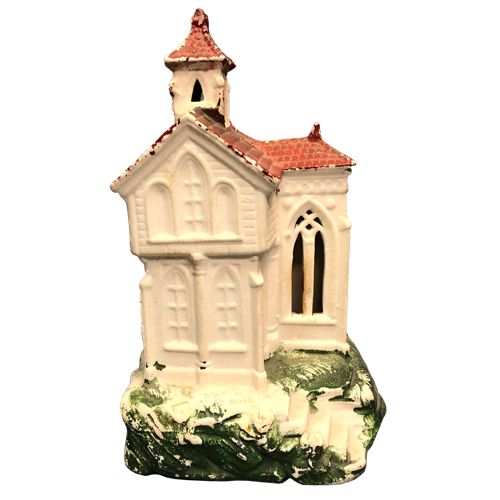
2588
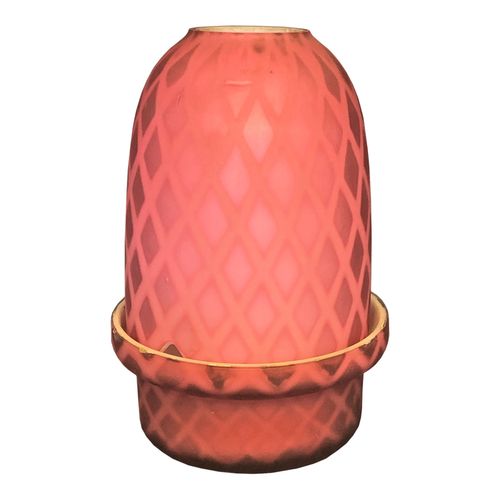
4255
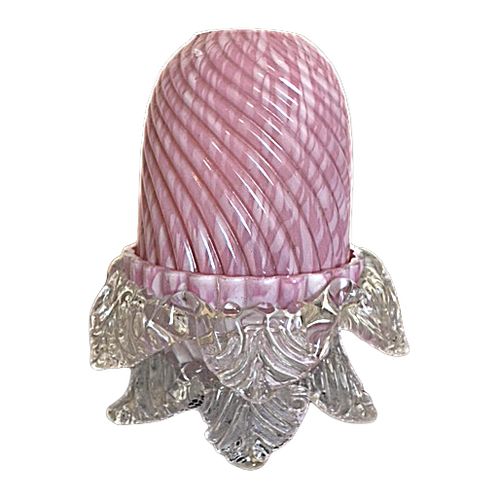
4561
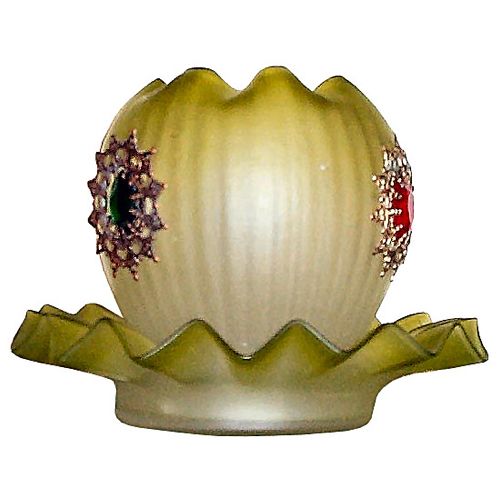
2260
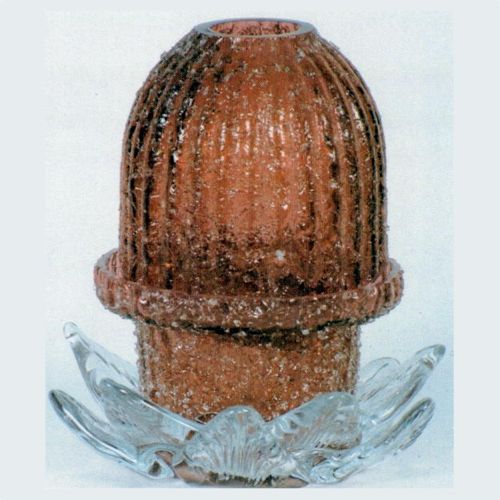
2240
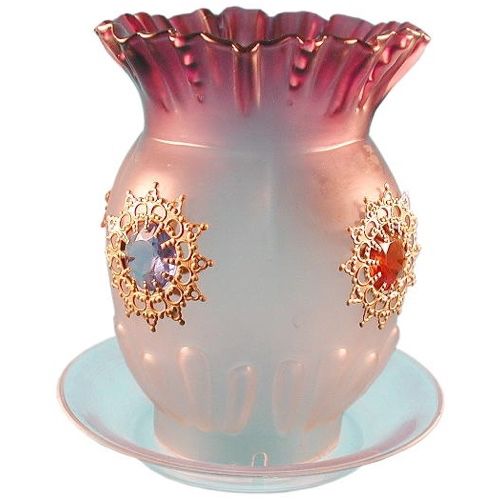
2253
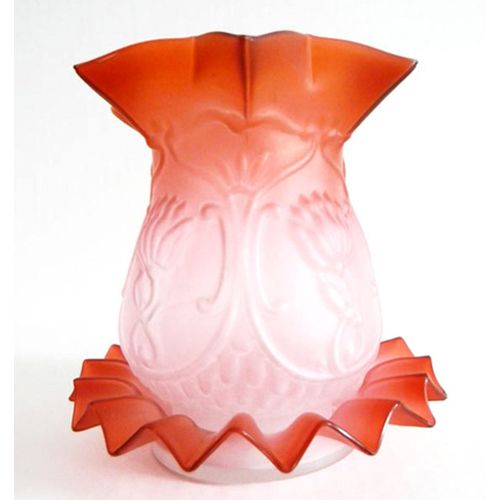
2266
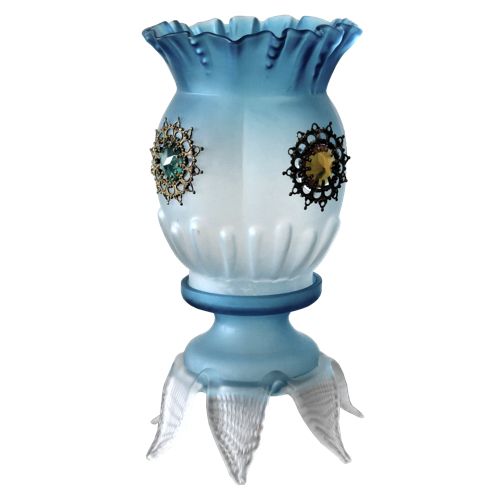
2275
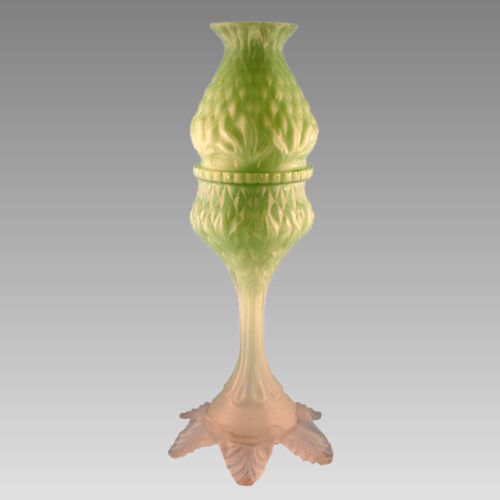
7348 Variant
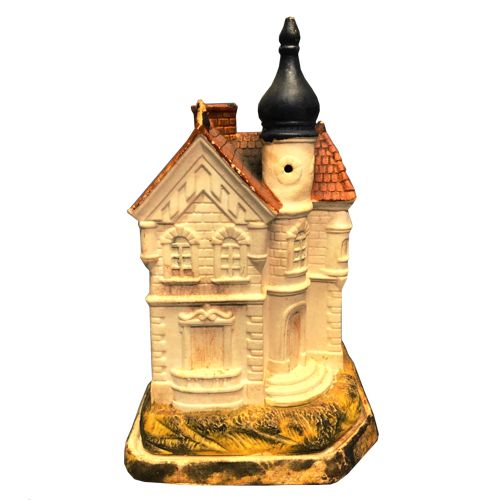
2586
